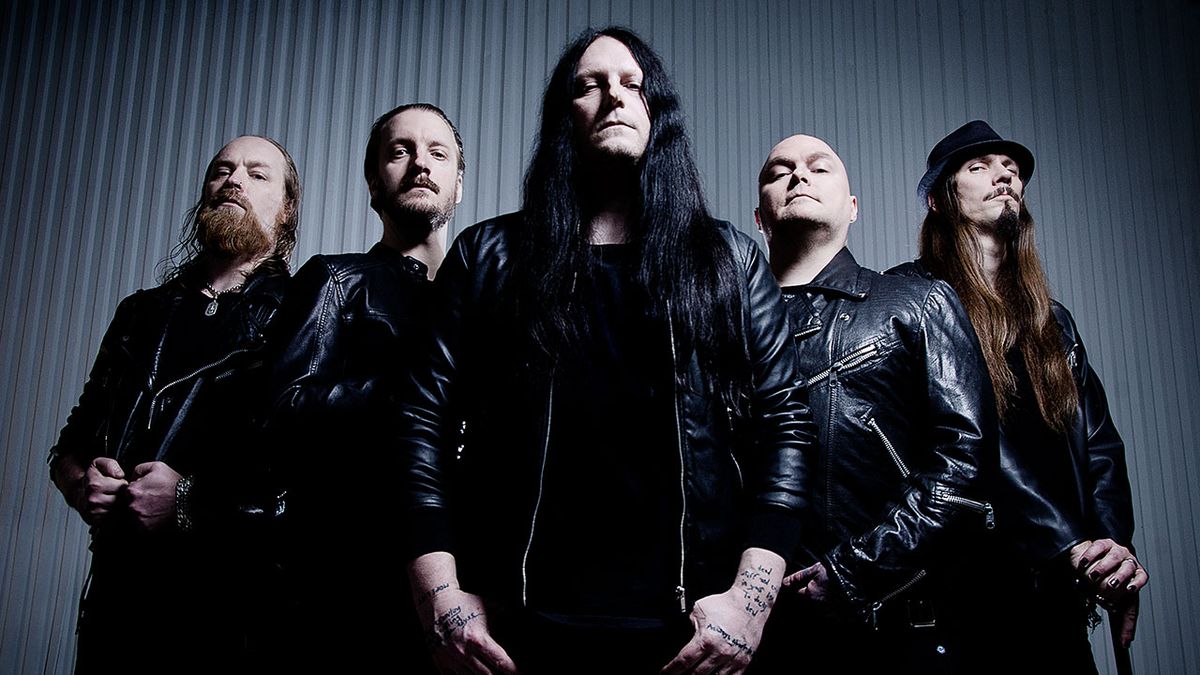![]()
The controversial and complicated history that surrounds black metal is as integral a part of the genre’s history as the music itself. At a recent opening for Satyricon‘s collaborative exhibit at the Munch Museum with Norwegian painter Edvard Munch, Metal Hammer spoke to Satyricon frontman Satyr, asking him if occurrences like church burning and murder have affected people’s perception of them. His response? Yes, but those people will have to deal with it.
“Church-burnings and murder, they’re a part of our history. If that’s an obstacle that people have to overcome, then I can’t work with them. I’m not gonna distance myself from the scene I grew up in. I’m not gonna apologize and, a lot of the people who personally have something to answer for, they’re my friends. They did what they did, they were prosecuted, they served their time and they were released. That’s how society works.”
Because the music in the exhibit does not use the typical genre hallmarks with techniques like tremolo picking, blast beats and screams, Satyr told Metal Hammer that it was a welcome opportunity to expand the band’s horizons despite the fact that not every listener may agree that it meets every standard for Trve Norwegian Black Metal.
“We can’t subscribe to some teenager in Germany’s idea of the purity of black metal. I refuse to relate to people like that—people who weren’t even born when we were moulding the whole thing. They know nothing about it.”
These comments aren’t far out of line from Satyr’s remarks last month, when he reminded everyone that he was there for Norway’s second wave of black metal and knows its history quite well.
“I grew up in what we refer to as the original Norwegian black metal scene. I am one of the persons that was a part of the both musical and social circle that set the stage for what [it] is. Now, it’s been around for 30 years or so I guess—time flies.
“And I guess what’s the most frustrating part to me is that there are a lot of people that [are] very opinionated about the definition of black metal – while at the same time, not [having been] there, because we were so few. And, without mentioning names, there are so many bands out of this country that say ‘Yeah, we started in [year] so and so and build from there, and then we released’ – and I think to myself, ‘No, you didn’t.’ Because if you were there, as you claim in your press release, I would have known.’
“And then, even worse, now having people that are from a different country, from a different culture and different age group to try and educate Satyricon on the definition of black metal.”
The extensive interview with Satyricon further discusses Munch’s paintings, the pandemic’s effect on the band and their musical future. Satyricon and Munch is out now.



























